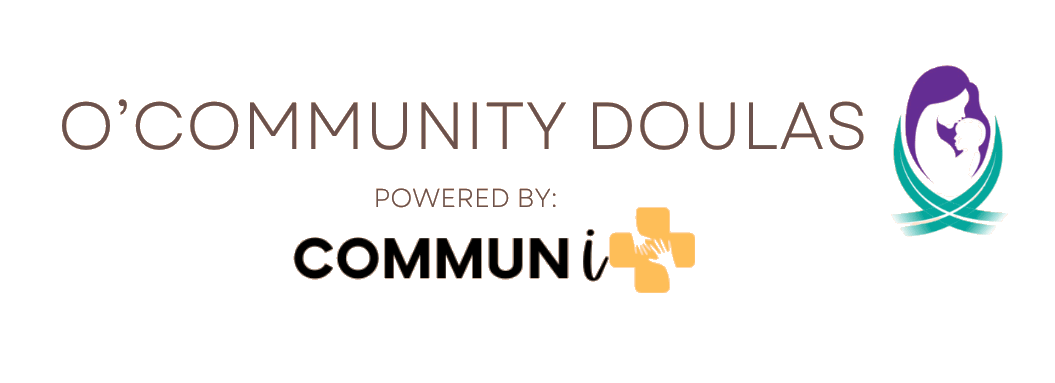Blog
Nurturing Intersectionality: The Role of Community Doulas
In the intricate tapestry of human experience, intersectionality weaves a profound understanding of the multifaceted layers of identity and oppression. As we navigate the complex intersections of race, gender, class, sexuality, and beyond, it becomes increasingly evident that our support systems must adapt to embrace and uplift the diverse experiences within our communities.
Enter the community doula—a beacon of support, empowerment, and advocacy for individuals embarking on the journey of pregnancy, childbirth, and beyond. But what exactly does intersectionality have to do with the practice of community doula support?
At its core, intersectionality reminds us that each person’s experience is shaped by a unique combination of social identities and power dynamics. In the realm of reproductive health and childbirth, these intersecting identities profoundly influence individuals’ access to resources, quality of care, and overall birthing experiences.
For marginalized communities, such as Black, Indigenous, and people of color (BIPOC), LGBTQ+ individuals, immigrants, and low-income families, systemic barriers and biases within the healthcare system can exacerbate disparities in maternal and infant health outcomes. Community doulas, with their commitment to cultural humility and social justice, play a pivotal role in addressing these inequities.
By centering intersectionality in their practice, community doulas recognize the importance of culturally responsive care that honors the unique needs and experiences of each individual. This may involve providing language support, advocating for inclusive and affirming care environments, and offering tailored resources that acknowledge the intersecting challenges faced by marginalized communities.
Moreover, community doulas serve as allies and advocates, amplifying the voices of those whose narratives are often sidelined within mainstream healthcare discourse. Through education, activism, and community organizing, they strive to dismantle the structural barriers that perpetuate health disparities and injustice.
In essence, the practice of community doula support embodies the principles of intersectional maternal health support—a framework that acknowledges the interconnected nature of social identities and seeks to challenge intersecting systems of oppression. By embracing intersectionality, community doulas not only enhance the quality of individual birthing experiences but also contribute to broader efforts towards reproductive justice and collective liberation.
As we continue to navigate the complexities of reproductive health and social justice, let us uplift the voices and experiences of those at the margins. Let us cultivate a community of care that celebrates the richness of diversity and honors the inherent dignity of every individual, one birth at a time.
